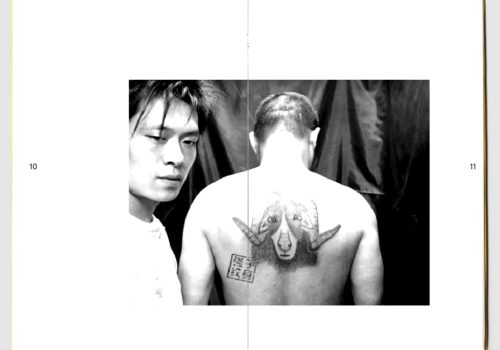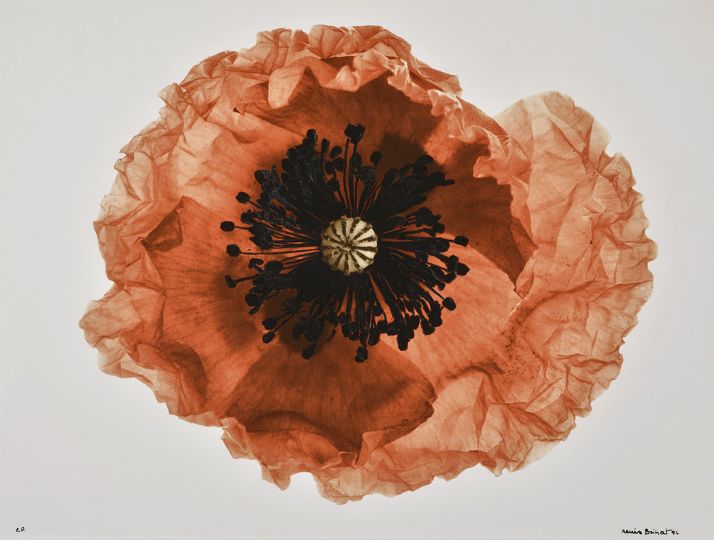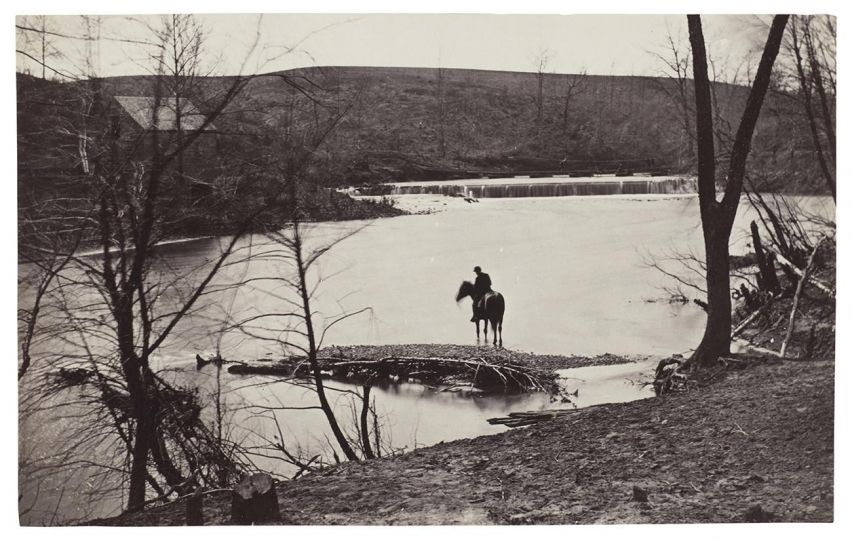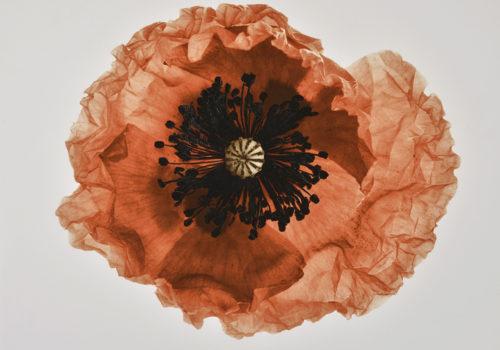The anonymous. It is you and it is me and it is all of us. We are always anonymous, leaving footprints in our wave, evidence of where we have been and what we have done that draws or escapes attention. Identity, in as much as it is a construct, is the positive set against the void, the great swath of nameless humanity that makes for our history on earth, the way we are and we are not at the same time, and the way our technology reflects this.
The Digital Era empowers the anonymous to express and create freely under the protection of the First Amendment. Not only can we say anything we desire, we do not need to sign our name to it. Evidence becomes traces and tracks, not necessarily a complete truth, but a piece of the larger puzzle that will never be solved so much as it will be played out by countless hands through which it passes.
Anonymous Press is the spirit of our times, a completely mechanized process for zine design. It liberates the human element from the process, and presents us with something else, the ghost in the machine, perhaps. Karolis Kosas designed a simple system. Type in a title of your devising. The title can be up to forty characters. Press enter. In less than one minute, Anonymous will present a twelve page zine that presents a search of pictures found in Google Image Search. The images are placed randomly, then numbered and added to a public library. Each zine is available, print on demand, for $3 plus shipping.
There is no credit to anyone other than Anonymous Press, which was designed by Kosas as part of his MFA thesis at Virginia Commonweath University, Richmond, from which he graduates this spring. Anonymous went live in December 2012. As of late February, over eight thousand volumes have been designed, proving that there is a relentless desire to create and disseminate ideas by any means necessary. It is the concept that makes each edition striking, the way that seemingly random information becomes part of a narrative when organized sequentially, around words of any language, even letters themselves. It is at once liberating and absurd, Dada to its core.
Anonymous Press appropriates appropriation so that there is nothing left, just a snake eating its tail as the ghost floats through the machine, whispering ideas in your ear. Kosas notes the inevitable trend towards vulgarity, as well as the self-promoting instinct that is now part of our lexicography, the way in which we are not only worthy of veneration but a brand unto ourselves. The way the anonymous connects to the known and spins through its archives and shares that which we may or may not know.
People want to know: Power, Sex, Love, Grief, Self, Reflection, Time, Edie Segwick, Tupac, Charlie Brown, Early Seventies, Frank Zappa, Shadow People, Skinhead, and Citizen Kane. Then it gets more complex. There were the book ideas themselves, things of distinction like: Crude Drawings of Men I Hate, Pictures of Girls Named Rachel, and I Am a Bodice Ripper. And lastly were the literary titles, the flashes of poetry and philosophy that made the words abstracted lyrics, feelings unto themselves, such as: We Demand to Be Taken Seriously and No Is Shorter Than Yes.
Anonymous Press is casually iconoclastic, dismissing notions of authorship with effortless grace, and in its place, offering a playground for unconscious energies. What we see is a reflection, though of who and what we will never know, but it allows us to consider that the ways in which we create and recreate meaning, in ways to subvert our understanding by offering an alternate interpretation through the very form itself. And it makes bookmaking more like playing the slots, which is has a charmingly harmless quality to the way it allows you to gamble against the odds.
Miss Rosen
















